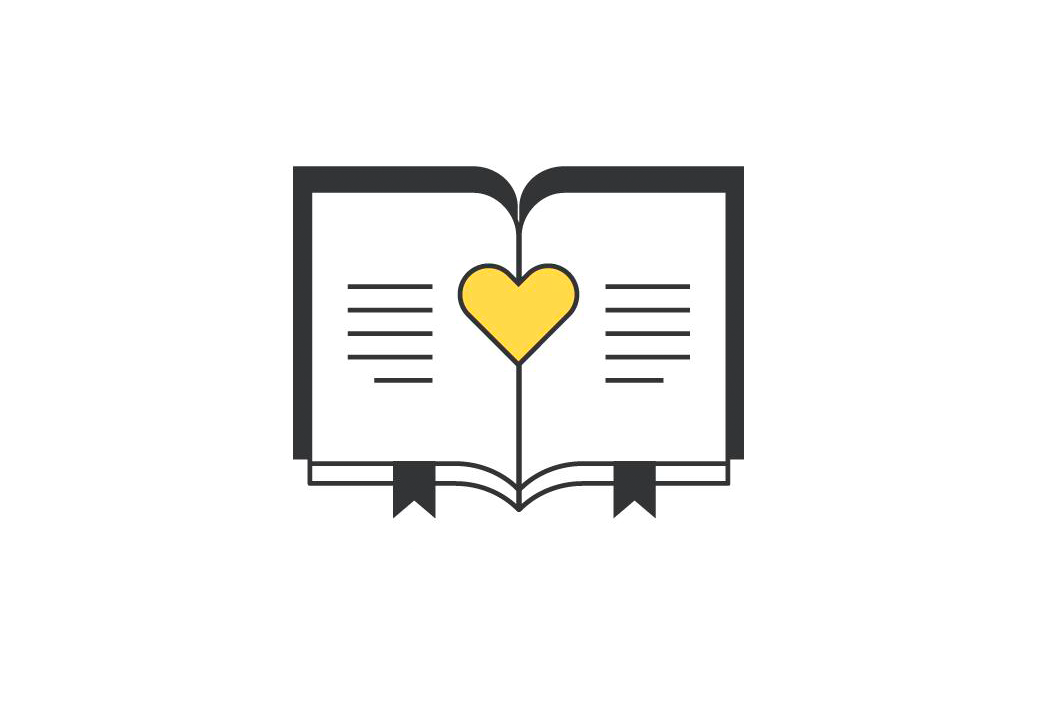What is plagiarism? The Merriam-Webster dictionary defined the word “plagiarize” as thus: “to copy without permission and use the words (or concepts or ideas of someone else) as one’s own or use (another’s content) without citing the source.” Kindly note that this definition is paraphrased to avoid, yeah, you got it, plagiarism.
The term “steal” is used in this definition to describe situations where someone else’s ideas or words are intentionally (or unintentionally) used without giving appropriate credit to the source. Unintentionally using someone else’s words or ideas without proper citation falls within this definition because your work attempts to “pass off” somebody else’s work as your own.
In technologically advanced cultures, the simple act of copying and pasting may appear benign. However, dissertation plagiarism has severe repercussions in academic and professional settings.
Why is it important to avoid plagiarism?
Plagiarism is ideally an ethical issue. A writer who publishes plagiarized work is infringing copyrights to profit from such theft. This applies when submitting a school paper for top scores or being a paid professional writer.
Avoiding plagiarism as a writer is vital because it hurts or compromises your professional integrity. In addition to losing the respect of your colleagues and mentor, you may lose potential professional recommendations and prospective career development opportunities. As a student, plagiarism may result in the loss of financial aid or leadership roles.
Furthermore, it takes both credit and profit away from the work’s original author, which could lead to trouble with the law if the source sues you. This is why you can find “how to reduce plagiarism in thesis” or “how to remove plagiarism from thesis” as some of the top searches on the internet.
The common forms of plagiarism
Plagiarism comes in various forms, and all are infringements of academic integrity. We’ve defined the most common forms and linked them to the examples below:
- Direct plagiarism
- Self-plagiarism
- Mosaic plagiarism
- Accidental plagiarism
What is a good rule to follow to avoid plagiarism?
There are several rules to follow to avoid plagiarism when writing a dissertation. Here are some other ways to prevent plagiarism:
- Paraphrasing
Paraphrasing is the process of representing content in your own words. You may study or research a specific topic - your research, essay, or assignment topic, and find relevant information. However, to avoid plagiarism, you should take the idea and subject of your interest from there and write it in your own words while maintaining the essence of the original. It is important not to copy two words simultaneously, as the software will detect this and penalize you.
- Quote Referencing
Putting your reference in a quotation is one of many other strategies to avoid plagiarism in a thesis. It is the process of properly linking to and referencing content. Content copied and pasted without paraphrasing should be quoted in inverted commas, and the author’s name should be prominently cited. Crediting an author fairly for his work will not be considered plagiarized content.
- Citation
Citation is similar to quote-referencing. When you find information relevant to your subject of interest, you may copy it from books, journals, websites, or other sources. However, you must cite the source by providing the name, title, page number, and even paragraph number.
- Use plagiarism checker
A dissertation plagiarism checker is a software used to evaluate the dissertation for plagiarism. Every institution employs it to evaluate student work. Before submitting their thesis, students can have it cross-checked. These programs will scan your dissertation and detect any plagiarized text for you to correct.
- Write in your style
When you are in your final year of a master’s or doctoral program, you are on your way to a professional career. Dissertations help your grades to the end of obtaining a degree while also serving as a source of self-learning and practice. Employers want to see your creativity rather than how well you take references and use the internet to complete any task. You should gather information from various sources and try to write it in your style. It will keep your writing styles consistent and keep you from relying on others or committing plagiarism.
Other ways you can avoid plagiarism include:
- Commit to doing your work.
- Always take meticulous notes.
Conclusion
There are many tips to avoid plagiarism, including developing good research habits, good time management, and taking responsibility for your learning. Ensure you apply all of these, and you’re well and truly on your way to getting all your content plagiarism-free.


